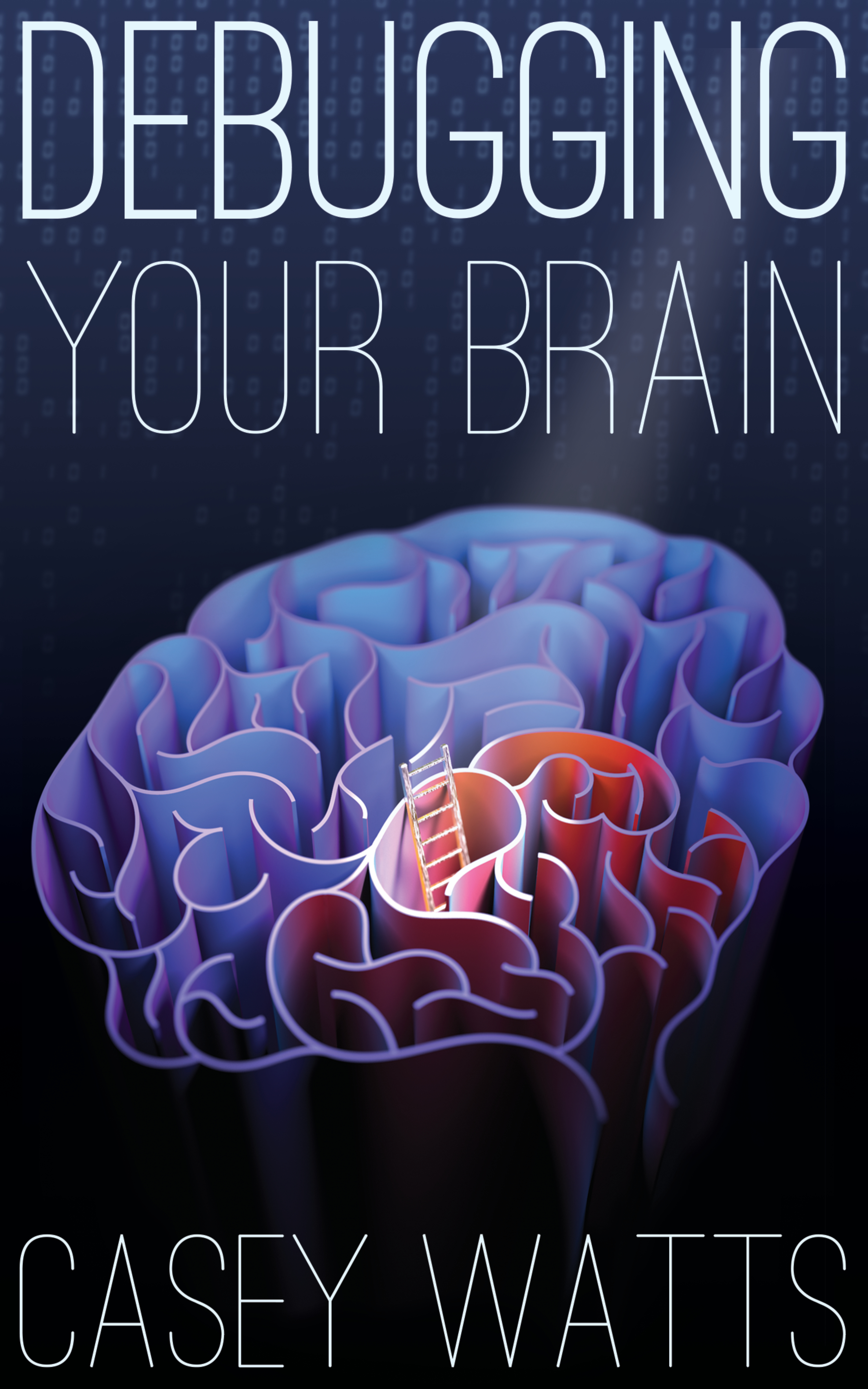This post was a precursor to Casey's book "Debugging Your Brain."
Validation
Close Relationships
There is a recent “loneliness epidemic” in the US. Many people do not have many close relationships with people they can have intimate discussions with. If this sounds familiar to you, consider making it a priority to cultivate deeper relationships. It can be difficult, but it is well worth the effort.
Studies show that the more close connections you have, the healthier you are, the longer you live, and the more resilient you are in the face of stress. The list of positive benefits of social connectedness goes on and on.
Being safely vulnerable with each other like this can deepen feelings of trust and dramatically improve your relationship. Your friends can support you, and you should be willing to support your friends as well. One powerful technique for supporting your friends is to explicitly communicate validation and acceptance.
Communicating Validation
If you want to help support others emotionally by listening, you should communicate validation. My favorite tool for thinking about validation is Dr. Marcia Linehan’s “Six Levels of Validation”.
This is not a strict scale of what you should use, but a framework to use when considering how to respond to a friend who is being vulnerable with you.
For more reading on this, my favorite high-level overview is this article by Karyn Hall. If you want a more thorough overview, you might consider reading from one of the original sources.
These are the six levels of validation, in order of increasing impact:
1. Be present
Just being present in the moment with your friend can be validating on its own. This could be as little as just being physically present next to the friend.
2. Accurate reflection
When you accurately describe your friend’s thoughts and feelings back to them, it shows you are actively listening.
If you can even echo their words back to them, that shows you are listening at least.
If you can put it in your own words, that can show that you have understood them more deeply. When your friend feels understood, that is very validating.
3. Guessing about unstated feelings
If your friend is not able to communicate something clearly or fully enough, you may be able to help them refine their wording. You can ask things like “are you feeling X? or Y? or something else?”. Sometimes you may even describe things in a way that inspires a change in the way they think about it. Doing this well is generally more validating than levels 1 or 2.
Be careful to leave plenty of room for them to correct you, or this could backfire. If they feel misunderstood by you, that can make them feel invalidated instead. This technique requires more trust than some of the others, that you are earnestly trying to understand them. If for whatever reason your friend isn’t comfortable correcting your guesses, you may want to lean on other validation techniques instead.
4. Validate in terms of past history
In the next level of validation, you communicate to your friend that their response makes sense given their past experiences. For example, if a friend was bit by a large dog as a child, it makes sense that they might still be afraid of large dogs as an adult.
5. Validate in terms of present events and the way most people would react
In level five, you communicate that their response makes sense given the current situation, regardless of their past. Anyone in this situation might respond that way. If your friend is afraid of holding a snake, that is totally unsurprising. Many people are afraid of snakes, it is such a common phenomenon.
6. Radical genuineness
For some experiences, you might relate very deeply yourself. Sharing a very similar experience can be the most validating thing of all. For example, imagine you are supporting a friend whose grandmother just passed away, and your grandmother also passed away recently. Sharing your experience and how it made you feel can be very validating.
Too Much
Sharing your emotions with others can be really beneficial for your relationship. It can make you feel understood and bring you both closer together.
Asking for too much emotional support could be an issue, though. If you expect your friend to do “emotional labor” for you more than they are comfortable, they may resent it. This is a lot more likely in an imbalanced relationship, where one side supports the other disproportionately more. There may be an imbalance of the needs you each have, the important part is that you communicate about it, how much support you’re each willing to give. Prioritize communicating these concerns with your close friends to set healthy boundaries.
A friend’s support can go a long way, but for deeper issues or trauma friends alone may not be enough. Think about whether this support is enough, or if a professional therapist might help more. If you haven’t tried therapy before, you should consider at least being screened.
 Find out more
Find out more
